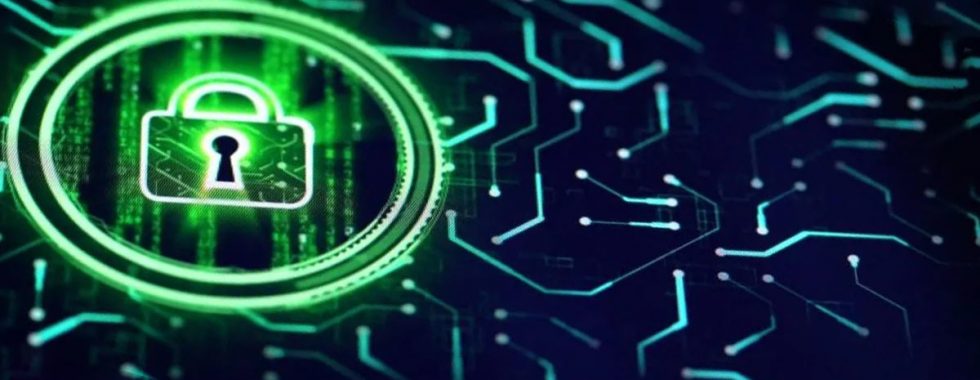With the rise of technology and the internet, users’ confidential data has become more vulnerable to threats such as government surveillance, data breaches, and cybercrime. We will explore the various ways in which the right to privacy is being threatened and what can be done to protect it.
Government Surveillance
One of the most significant threats to privacy in the modern era is government surveillance. Governments argue that surveillance is necessary for national security, but many critics argue that such surveillance is a gross violation of citizens’ privacy rights. In recent years, numerous reports have emerged regarding government surveillance programs that monitor citizens’ internet activity and collect their personal data. In some cases, this information has been used to target individuals who are perceived as potential threats to national security.
Data Breaches
Another significant threat to personal privacy is data breaches. Hackers are continually looking for vulnerabilities in systems to gain access to personal data. In many cases, companies and organizations are not doing enough to protect their customers’ data, leaving them vulnerable to theft. When a data breach occurs, personal information such as names, addresses, and credit card numbers can be exposed, leaving individuals vulnerable to identity theft and other crimes.
Cybercrime
Cybercrime is a growing threat to personal privacy. Criminals are using increasingly sophisticated methods to steal personal data and commit crimes such as identity theft and financial fraud. Individuals must be vigilant when using the internet and take steps to protect themselves from cybercrime, such as using strong passwords and being wary of suspicious emails or websites.
Protecting Your Privacy
Despite the many threats to personal privacy, there are steps that individuals can take to protect themselves. First and foremost, it is essential to use strong passwords and update them regularly. Using two-factor authentication and encrypting personal data are also effective ways to protect privacy. Additionally, it is essential to be cautious about sharing personal information online and to only share information when it is absolutely necessary.

